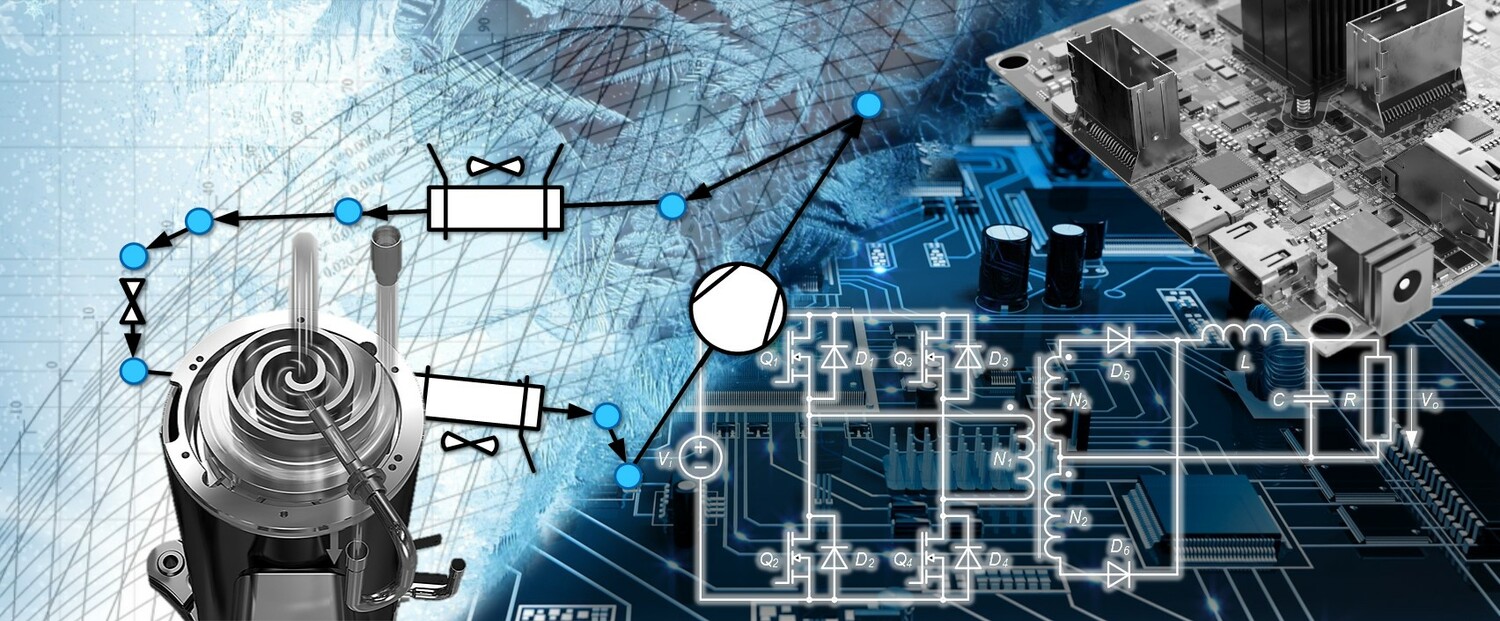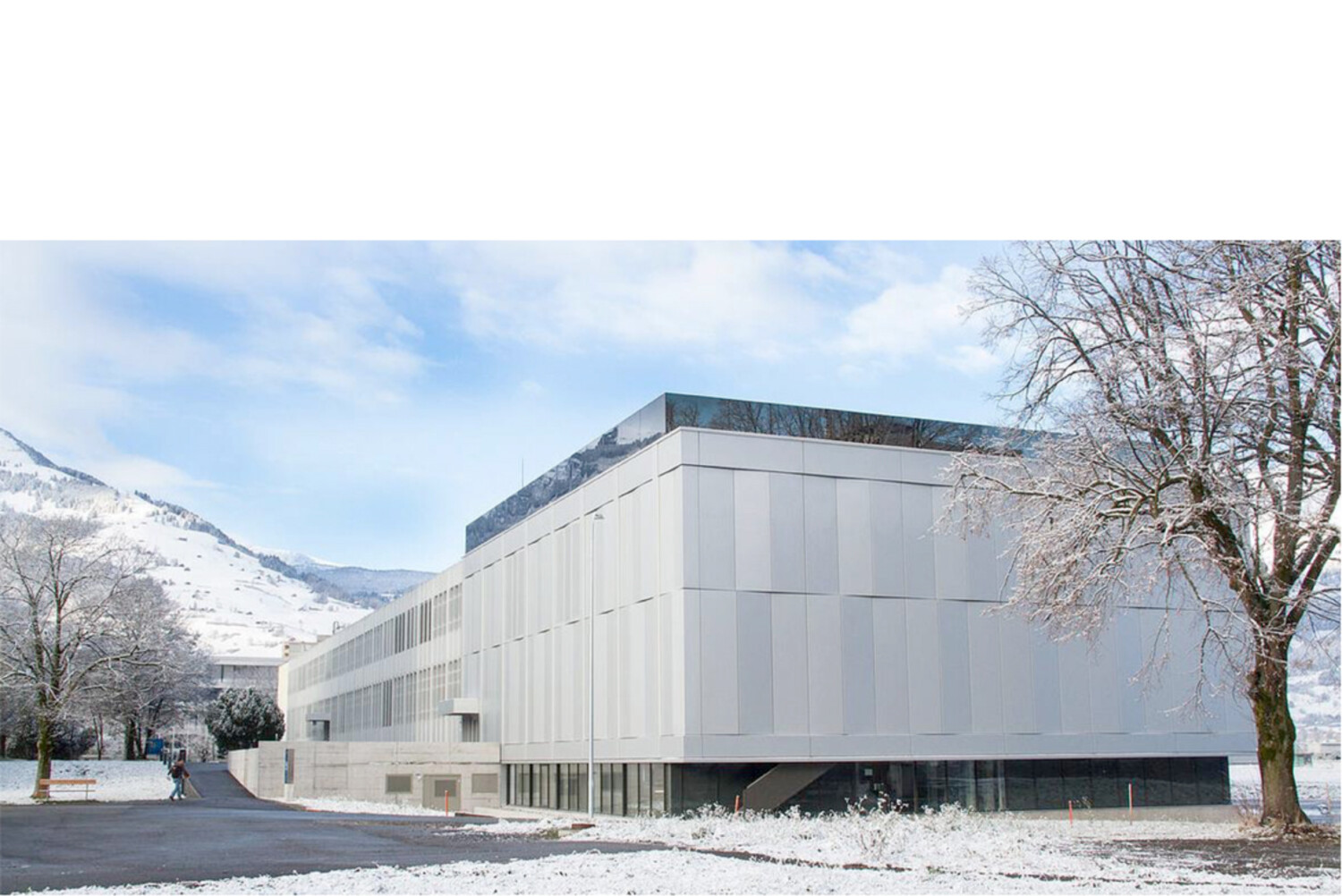Master of Science in Engineering (MSE) am IES
Here you will find information about the Master of Science in Engineering MSE course in connection with the Institute for Energy Systems.
Working and studying at the institute
The Institute for Energy Systems offers committed people with a recognized Bachelor's degree the opportunity to work in the fields of thermal energy systems or power electronics in addition to their MSE studies at the Institute for Energy Systems.
Working at the institute offers the following advantages:
- Entry into professional life as an engineer (e.g. after completing a Bachelor's degree)
- Semester and master theses with local industrial companies
- Direct application of the knowledge imparted from the course in daily work
- Working on interesting, practice-related projects
- Opportunity to complete part of your studies abroad
Examples of the course structure
The student is fairly free to design the MSE program. Below are three model examples that are frequently used at our institute:
- Model 1:
Six semesters of part-time study with 50% workload as a research assistant at the IES or another employer. - Model 2:
Four semesters of part-time study with 50% workload as a research assistant at the IES or another employer. One semester full-time study for the master's thesis. - Model 3:
Full-time study in three semesters.
If part of the course is completed abroad, the duration of the part-time course can be shortened.
Master thesis archive:
- Christian Seitz, 2018,
- Elias Büchel, 2017, Dynamische temperierung von Zentrifugen, MSE-NTB
- Gabriel Feichter, 2016, Simulation und Optimierung mobiler Vakuumverdampfer, MSE-NTB (Advisor).
- Anne Liebold, 2015, Rotary Evaporation – New development, MSE-NTB.
- Andres Heldstab, 2014, Emulsions-Verdampfer - Spaltung von wassergemischten Kühlschmierstoffen durch Vakuumverdampfung, MSE-NTB.
- Andreas Gschwend, 2013, Kühlung eines Frequenzumrichters, MSE-NTB.
- Tobias Menzi, 2012, Control Strategy and Annual Simulation of a Two-Stage heat Pump, MSE-NTB.
- Bernhard Vetsch, 2012, Development of an Air Conditioning System for Electric Vehicles, MSE-NTB.
- D. Oppliger, 2010, Simulation of Magnetic Particle Agglomeration, ETH Master Thesis.


